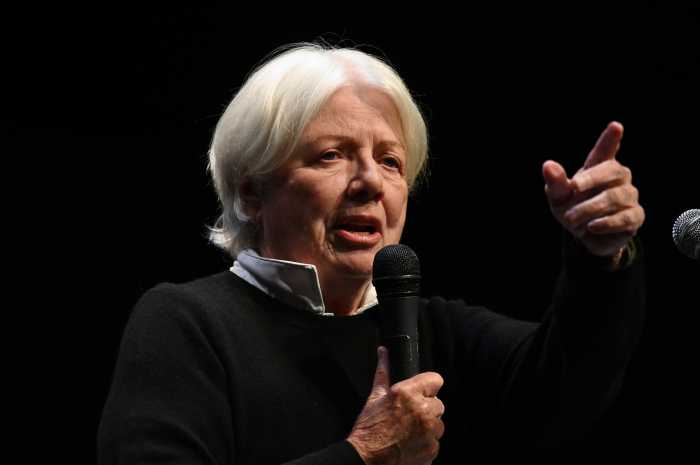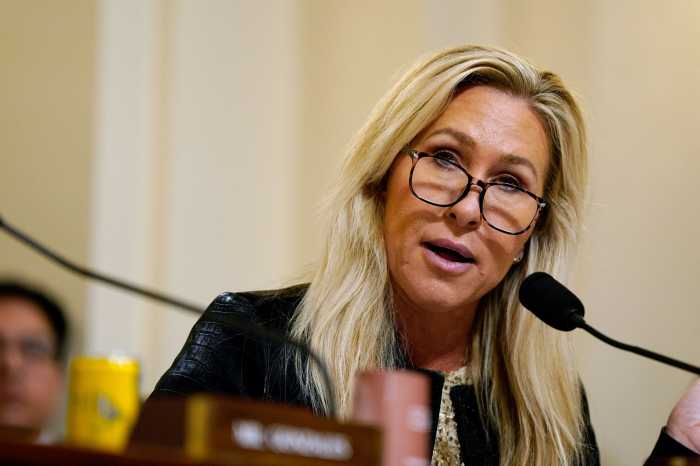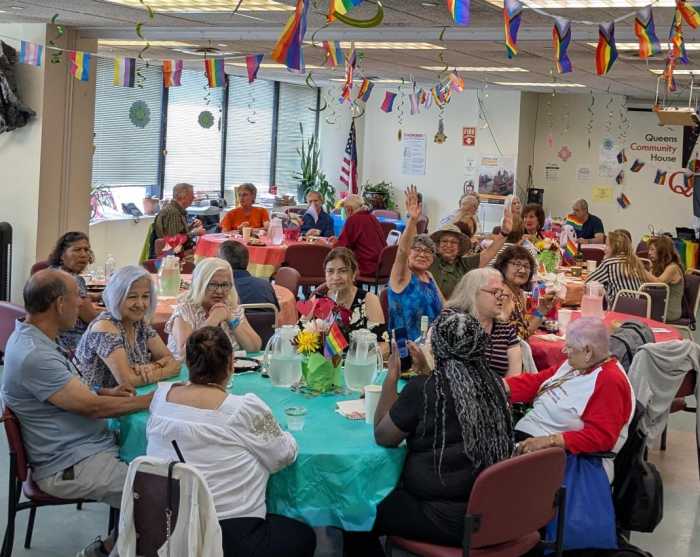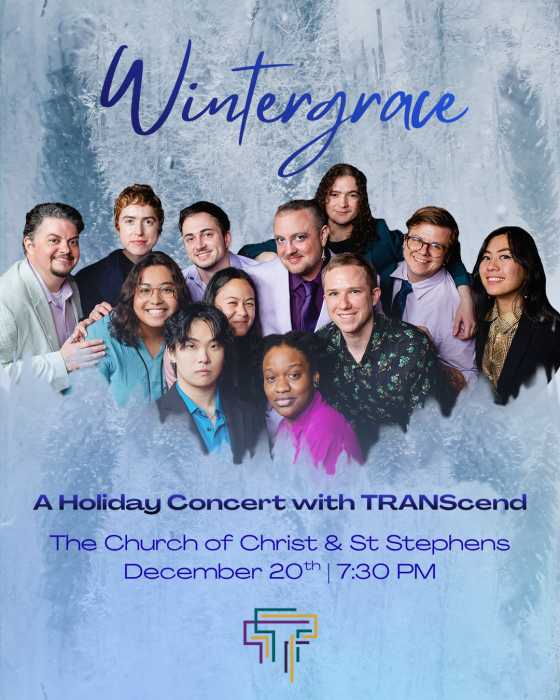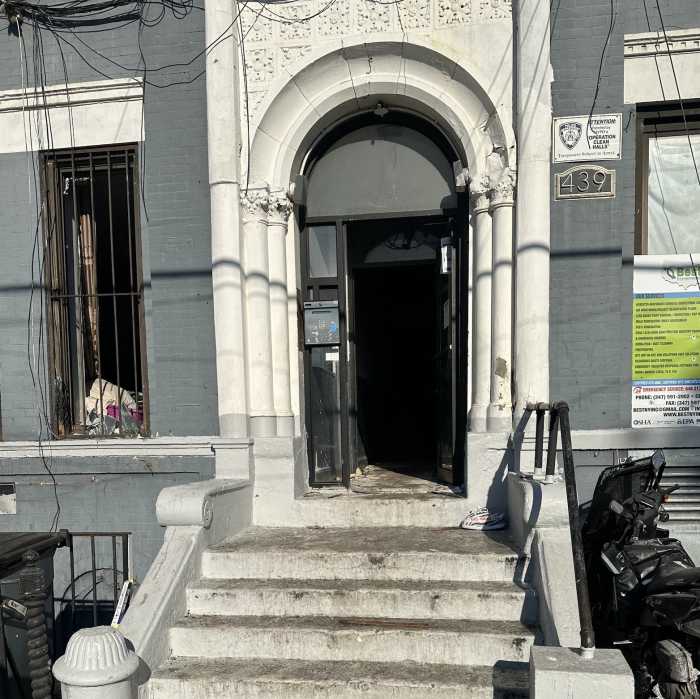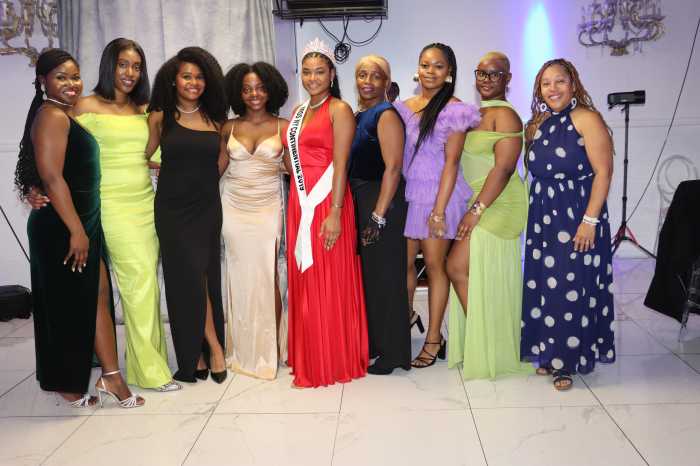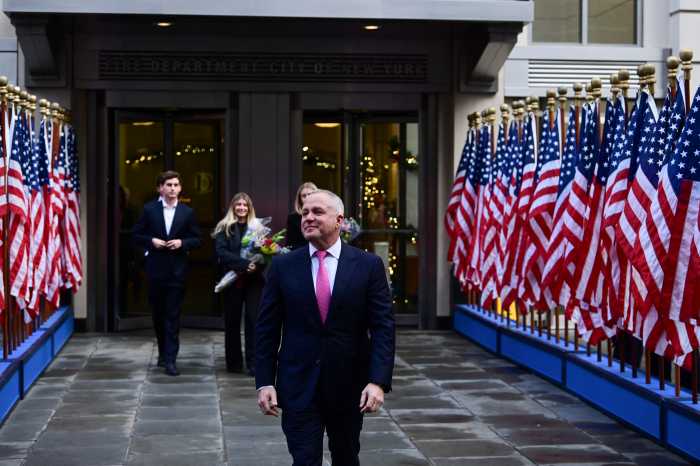On November 2, voters in 11 states will vote on constitutional amendments that would deny same-sex couples the right to marry. But more alarmingly, the amendments in all but three of these states could potentially deny most types of recognition to same-sex couples, including domestic partnerships and civil unions.
It’s pretty easy to see what’s happening here. Massachusetts has the homophobes running scared, so they’re taking the offensive by trying to end a great social discussion before it has even really begun.
With the exception of Oregon, they’ve targeted states they know they can win: Arkansas, Georgia, Kentucky, Michigan, Mississippi, Montana, North Dakota, Oregon, Ohio, Oklahoma and Utah. Far from a shoo-in, Oregon was targeted because marriages have already been performed there and the state’s Supreme Court is expected to weigh in soon on the marriage lawsuit brought by the ACLU. Yet even there, the news isn’t great. Recent polls show the vote is equally divided in a state that previously has successfully fought back anti-gay initiatives.
If recent ballot initiatives in Missouri and Louisiana are any indication, the results on these upcoming ballot initiatives could be very upsetting.
But Election Day doesn’t have to be doomsday. Americans may not be ready to freely embrace same-sex unions, but they value fairness. When they’re made to see how these types of amendments harm families, they don’t support them. That’s why it’s critical that everyone reaches out to their family and friends in each of these states and explains that these amendments could result in same-sex couples being treated as legal strangers. If you have roots in any of these states, phone home and get all of your friends to do so as well.
The story of Sam Beaumont is a perfect example of how same-sex couples are harmed when they are denied legal recognition. Sam and his partner Earl Meadows spent over 20 years building and working an 80-acre ranch in Bristow, Oklahoma. Together they raised Sam’s three sons from a previous marriage. When Earl’s parents got older, Sam tended to their every need, often spending the night with Earl’s mother when she got too sick to care for herself. They shared a quiet life together, building a family, tending cattle and raising prize-winning chickens.
Their time together came to an end in 2000 when Earl died of a stroke. Unfortunately, the notarized will Earl drafted to leave everything to Sam had only one witness—Oklahoma requires two. To make matters worse, almost all the couple’s assets were in Earl’s name.
If Sam and Earl could have married, the property would have automatically passed to Sam. But since Oklahoma law doesn’t recognize same-sex relationships, it’s only a matter of time before the home Sam and Earl shared will go to Earl’s disapproving cousins who rarely spoke to Earl when he was alive and had never even set foot on the property. Meanwhile, Sam is struggling to hold on to what little he has left.
Sam’s story, which was chronicled in the recent documentary “Tying the Knot,” is just one of many heartbreaking examples of why we need protections for our relationships. Partners are kept from hospital rooms and prevented from making decisions about medical treatment, children are denied inheritance and Social Security benefits, gay seniors are left homeless when their ailing partners enter nursing homes because Medicaid’s long-term coverage requires homes to be “disposed of” unless occupied by a spouse, and the list goes on and on.
Sadly, defeating these amendments won’t bring us any closer to achieving equality for our relationships, but at least it will keep the door open and allow groups like the American Civil Liberties Union, Lambda Legal, the Gay and Lesbian Defenders and the National Center for Lesbian Rights to use the courts to push for equality. And while every lawsuit probably won’t go our way, some will.
But first we have to make it past these elections. Here’s an instance where a phone call really can make the difference. Your friends and relatives back home need to know that same-sex couples are committed and take responsibility for each other just like heterosexual couples, and that it is cruel and unfair for same-sex couples to be treated as strangers from one another.
Phone home.
Matt Coles is the director of the American Civil Liberties Union’s Lesbian and Gay Rights Project.



